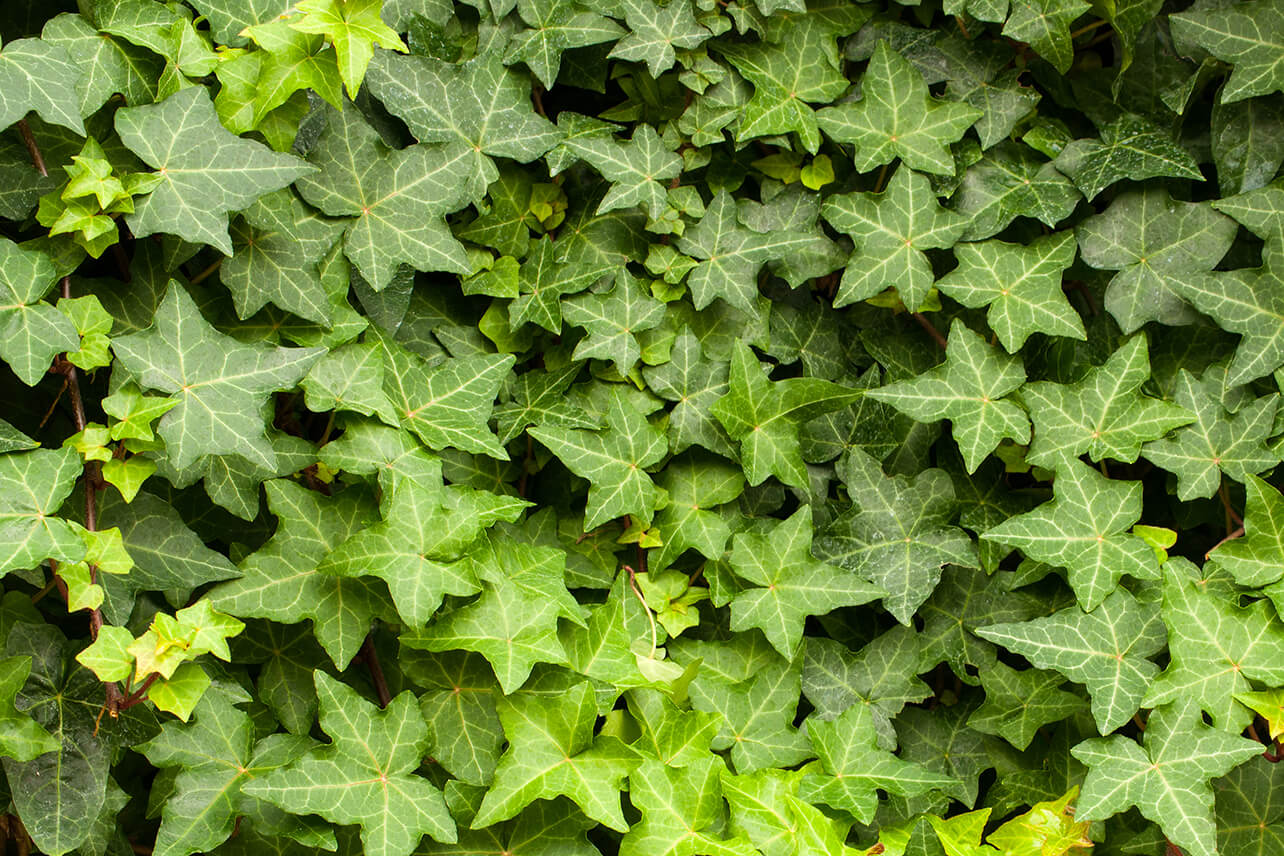7 Effective Ways to Get Rid of English Ivy in Vancouver, BC
How to Remove This Aggressive Invasive Plant—Safely and for Good
Need help with your yard? Get your free quote today!
Get a Free Quote! English ivy (Hedera helix) might look charming on walls or fences, but in Vancouver’s damp coastal climate, it becomes a destructive, invasive weed. It climbs trees, smothers native plants, damages foundations, and spreads fast through underground runners and seeds. Once established, English ivy is incredibly difficult to remove—especially without the right methods.
English ivy (Hedera helix) might look charming on walls or fences, but in Vancouver’s damp coastal climate, it becomes a destructive, invasive weed. It climbs trees, smothers native plants, damages foundations, and spreads fast through underground runners and seeds. Once established, English ivy is incredibly difficult to remove—especially without the right methods.
At Ascent Yard Care, we specialize in English ivy removal across Greater Vancouver, from small residential gardens to large strata and commercial landscapes. Below are 7 proven ways to get rid of English ivy—safely, effectively, and permanently.
1.
Cut Ivy Vines at the Base of Trees or Structures
To stop ivy from climbing and damaging surfaces:
- Use loppers or a saw to cut all vines at chest height
- Remove the lower portion entirely
- Leave upper vines to dry out and die (don’t pull from trees—it can damage bark)
This is the safest and most effective way to disconnect ivy from its energy source while avoiding harm to trees or buildings.
2.
Pull Ivy from the Ground—Roots and All
Once ground ivy is disconnected, begin hand-removal:
- Use a digging knife, flat shovel, or gloved hands
- Roll ivy mats back slowly, pulling roots as you go
- Focus on removing the root nodes and runners, not just the leaves
This works best after rain, when the soil is soft. It’s labour-intensive but effective in garden beds, tree bases, and sensitive landscapes.
3.
Dispose of Ivy Properly—Don’t Compost
Ivy vines and roots can re-sprout even after removal. For safe disposal:
- Bag ivy debris and dispose via green waste or landfill
- Never compost or leave piles on-site
- Monitor cleared areas weekly for new shoots
Proper disposal is essential to prevent ivy from reestablishing itself or spreading further.
4.
Smother with Tarp or Cardboard & Mulch
Once ivy is pulled, cover the area to suppress regrowth:
- Use a thick tarp, landscape fabric, or layers of cardboard
- Cover with 4–6 inches of bark mulch
- Weigh down the edges
- Leave in place for 6–12 months
This method starves leftover roots and is excellent for large garden areas or hard-to-weed corners.
5.
Treat Regrowth with Spot Herbicide
For stubborn regrowth or areas where roots can’t be fully removed, use a targeted herbicide:
- Wait 2–3 weeks after removal for new ivy shoots
- Spot-spray only the fresh regrowth
- Use a low-toxicity, pet-safe product (as we do at Ascent Yard Care)
This method minimizes chemical use and is highly effective when combined with manual removal.
6.
Replant with Competitive Ground Covers
Once ivy is gone, prevent it from coming back by replanting the area with aggressive, desirable plants, such as:
- Native ferns
- Kinnickinnick
- Salal
- Oregon grape
- Dense ornamental grasses
Thick vegetation and mulch work together to shade the soil and block ivy resurgence.
7.
Hire a Professional Ivy Removal Service
English ivy is deceptive—it looks manageable at first, but it comes back fast and spreads underground. At Ascent Yard Care, we provide:
- Full ivy removal (tree, wall, and ground)
- Site cleanup and safe disposal
- Herbicide treatment (when needed)
- Mulch delivery and installation
- Replanting and ground stabilization
Our team is trained, equipped, and fully insured—with a proven track record across residential, strata, and commercial sites in Vancouver.
Where We Work
We remove ivy across the entire Vancouver region, including:
- Vancouver
- Burnaby
- West Vancouver
- North Vancouver
- Richmond
- Surrey
- Coquitlam
- New Westminster
- Delta
- Langley
Stop Ivy Before It Spreads Further
English ivy grows fast and takes over quietly—until it’s everywhere. Whether it’s creeping across your lawn, strangling trees, or growing up your home, Ascent Yard Care can help you take control.
